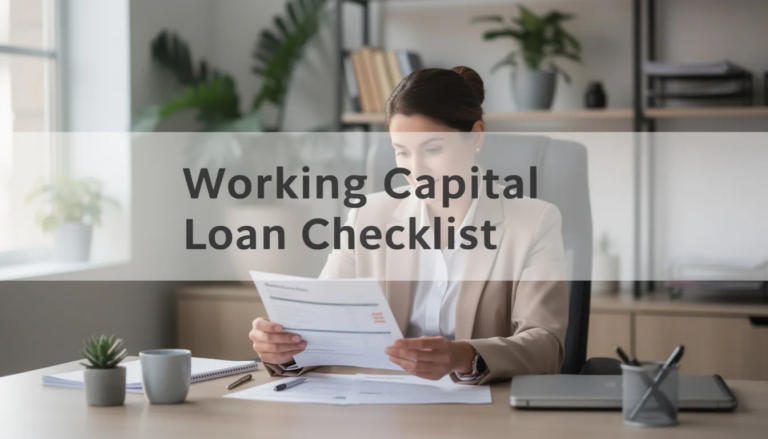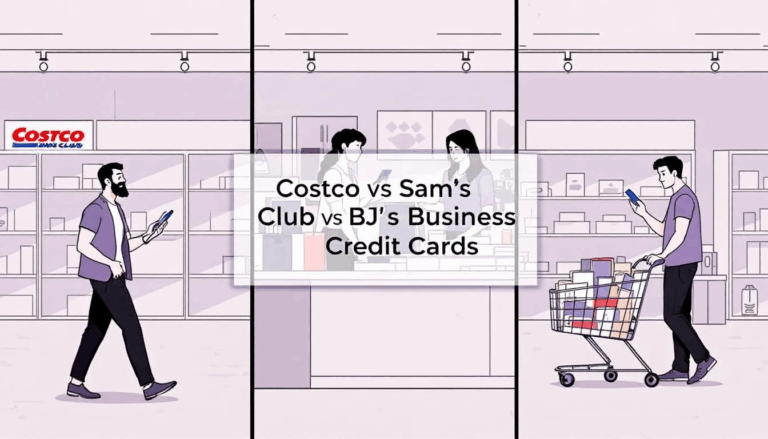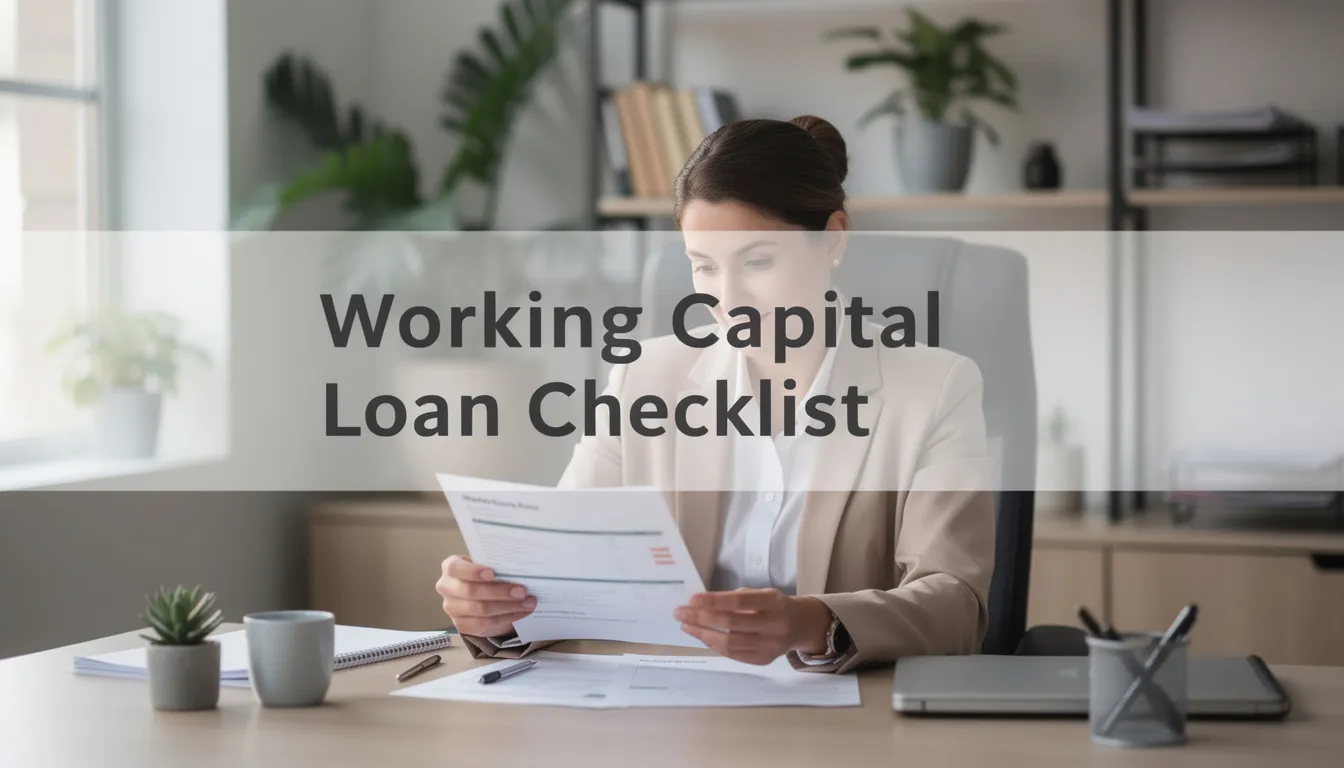How can I get a $100k Business Loan?
Traditional lenders, such as banks and credit unions, as well as alternative online lenders, all offer business loans of $100,000. Qualifying for a $100,000 business loan from a traditional lender usually requires excellent credit, several years in business, and high annual revenue. A $100,000 business loan can be used for purchasing equipment, paying off bills, or covering working capital costs.
Alternative business lenders can offer similar amounts with lower eligibility requirements and faster funding times. The tradeoff is that alternative business loans for $100,000 often have higher rates, shorter terms, and more frequent payment schedules.
Secured vs. Unsecured Business Loans
A secured business loan means that it includes collateral, as that asset provides security for the lender in the case of default. An unsecured business loan doesn’t have collateral.
Many small business owners prefer unsecured financing since they may not have high-value business assets to pledge as collateral. However, unsecured business loans have higher interest rates, and the higher the borrowing amount, the more difficult it becomes to get unsecured financing.
There are unsecured options for six-figure business loans, but you’ll have a far easier time getting approved with collateral. Consider secured business loans when borrowing six figures or more.
What types of Business Loans can provide $100k in funding?
Many types of business loans are available for $100,000 or less, including business term loans, business lines of credit, and SBA loans. While most business loans can provide $100,000 or more in funding (Some loans up to 2 million or more), the actual amount you’ll be approved for depends on the lender and your credentials.
For example, one lender might offer a business line of credit that only goes up to $50,000, while another might offer one for $500,000. But to qualify for the latter, you’ll need high annual revenue.
Let’s look at the available small business loans that could provide up to $100,000. But remember, the actual amount you’ll qualify for depends on your revenue and personal credit score.
Business Term Loans
- Loan amount: $10k – $10 million
- Factor rates: Starting at 1%-4% p/mo
- Term: 3 months – 10 years
- Speed: 1-3 business days
Business term loans are traditional financing structures where a business receives a large loan disbursement, repaid with interest and fees. Most term loans use an APR and carry fixed monthly payments for the loan term.
Business Lines of Credit
- Loan amount: $1k – $1 million
- Factor rates: Starting at 1% p/mo
- Term: Up to 36 months
- Speed: 1-3 business days
Business lines of credit (LOCs) are short-term financing that offers excellent flexibility. Instead of a single loan disbursement, your funds are activated as an available credit limit.
You can draw funds from your credit limit as needed. With small business lines of credit, you only pay interest on the money you draw and never have to draw the total amount.
Once you repay what you took out, the credit limit replenishes, and your funds are available for the next time you need them. This is called revolving credit and works like a credit card.
The credit limit essentially gives you funding on demand. LOCs are excellent for ongoing projects, seasonal businesses, and covering unexpected costs.
Merchant Cash Advance
- Loan amount: $5k – $5 million
- Factor rates: Starting at 1%-6% p/mo
- Term: Up to 24 months
- Speed: 1-2 business days
A merchant cash advance (MCA) is a type of working capital loan that provides funding in the form of a lump sum of cash. The advance is repaid with a percentage of your future receivables.
Merchant cash advances are based on credit card sales and do not require additional collateral, growing with sales volume. That’s because your sales are the primary source of repayment.
Most MCAs require daily payments, but some are weekly. In a traditional MCA, the repayment amount comes directly from your debit or credit card reader. However, many MCA companies are moving to a more reliable process of repayment where the funds are automatically debited from your business bank account via ACH transfer.
Accounts Receivable Factoring
- Loan amount: $10k – $25 million
- Factor rates: Starting at 1% p/mo
- Term: Up to 24 months
- Speed: 1-2 business weeks
Accounts receivable factoring converts your unpaid invoices into immediate working capital. Like an MCA, the process is technically a business-to-business transaction, not a loan.
Companies that sell on credit deliver their products or services to a client and issue an invoice at a later date. The process is convenient and helps some companies attract more business.
However, delays between delivering the goods and receiving payment may cause critical cash flow interruptions. This process allows you to sell or factor unpaid invoices to a third-party financial services business, known as a factoring company, thereby smoothing out cash flow gaps.
The factoring company issues funds based on the invoice’s value, called an advance rate. Most advance rates are between 75%-95%. The factoring company then owns the invoice and collects payment from your client.
The charge for the service is called the factor rate. Sometimes it’s also called a discount rate since the factoring company purchases the invoice at a discount in exchange for the advance.
Factor rates typically fall between 1%-5%, and the charge is applied every term the invoice goes unpaid. For example, if you factored a net-30 invoice at a 2% factor rate, the factoring company keeps 2% of the total amount every 30 days the invoice goes unpaid.
Once your clients pay their invoice, the factoring company releases the remaining amount minus its fees. Invoice factoring can be expensive, but you can mitigate your potential costs with well-qualified customers who pay off their debts on time.
Equipment Financing
- Amount: Up to $10 million per piece of equipment
- Factor rates: Starting at 6.5%
- Term: 1-6 years
- Speed: 3-10 business days
Equipment financing allows businesses to obtain machinery without upfront costs, as the equipment serves as collateral for the loan. You can use the loan to buy most equipment, from commercial kitchen appliances to construction equipment to computers and office furniture.
The equipment you’re financing becomes the collateral for the loan. If you default, the lender claims the equipment to cover its loss. This is known as a self-collateralizing loan. You might be familiar with other self-collateralized loans, such as mortgages or car loans.
SBA Loans
- Amount: $50k – $10 million
- Interest rates: Starting at Prime + 2.75%
- Term: 10-25 years
- Speed: 8-12 weeks
The US Small Business Administration (SBA) oversees the SBA loan program. It sets rules for lenders, caps interest rates, and partially guarantees the loans. SBA 7(a) loans can provide up to $5 million to qualifying borrowers, with lower interest rates and longer repayment terms compared to other loans.
With backing from the federal government agency, lenders can offer high borrowing amounts at low interest rates and extended repayment terms that start at five years and go up to 25 years. Many consider SBA loans the “gold standard” of small business loans.
What are the qualifications for $100k Business Loans?
The loan qualifications vary significantly between financing programs. Some lenders will also consider your business credit scores when underwriting applications. Most business loan applications review your annual sales, credit history, and time in business. You’ll typically need to provide detailed financial statements, especially for higher loan amounts.
To qualify for a bank loan, applicants must prove their eligibility with detailed documentation about their business and financial history. Alternative lenders typically have less stringent requirements than traditional banks, allowing businesses with lower credit scores to qualify for loans.
Businesses typically qualify for 1.5 times their monthly revenue. That means, a small business would need about $1 million in annual revenue to qualify for a $100k business loan. The recommended minimums to qualify for a $100,000 business loan are:
- Credit score: 580
- Time in business: 6 months
- Annual revenue: $1MM
What are the advantages of Small Business Loans up to $100k?
A six-figure business loan gives you more options to fuel your business growth. You can use the funds for various purposes, including equipment purchases, working capital, refinancing debt, or acquisitions.
There are a variety of small business loans and lenders that provide business loans up to $100,000 or more. With many alternative lenders offering $100k business loans, you could get approved without stellar credit or multiple years in business.
What are the disadvantages of Small Business Loans up to $100k?
While the funding can help you get your business off the ground or take it to new heights, you incur six figures of debt. There is an extra risk involved when taking on that much debt.
For most loans, you’ll need a minimum of $1 million in annual revenue to qualify. That could exclude some small businesses from getting a $100,000 business loan.
Many alternative loans have shorter repayment periods and require frequent daily or weekly repayments. That repayment structure could strain your cash flow.
You might have to put up collateral depending on the lender, your revenue, and your credit score. Most loans will require a personal guarantee.
Pros & Cons
Here’s a summary of the benefits and drawbacks of alternative small business loans for $100,000.
Pros:
- Gain the funding to power business growth.
- You can use the funds in various ways.
- Many loan and lender options are available.
- Doesn’t require excellent credit or multiple years in business.
Cons:
- Requires your business to take on significant debt.
- There are inherent risks in all business lending.
- Most loans require a minimum annual revenue of $1MM.
- Shorter terms & frequent payments for alternative loans.
- Fewer unsecured loan options (might require collateral).
- Most loans require a personal guarantee.
How to apply for a $100k Business Loan:
The application takes just a few minutes if you have the required information. Upon approval, funds can appear in your bank account in 1-3 business days. Here’s how to get started:
Step 1: Consider Your Financing Needs
Before you begin the process, take some time to ensure this is the right financing option for your needs. Will you be able to access your desired working capital amount? Will you be able to fulfill the repayment structure? Answering these questions ahead of time will ensure that you don’t run into liquidity issues when making payments.
Step 2: Gather Your Documents
The application requires the following documents and information:
- Driver’s license
- Voided business check
- Business bank statements from the past three months
- Financial and legal documents for SBA loans
Step 3: Fill Out the Application
You can begin the process by calling us or filling out our one-page online form. Either way, you’ll be asked to enter the information from the previous section along with your desired funding amount.
Step 4: Speak to a Representative
Once you apply, a representative will contact you to explain the repayment structure and rates of your available options. This way, you won’t have to worry about surprises or hidden fees during repayment.
Step 5: Receive Approval
If and when you’re approved, funds should appear in your bank account in 1-2 business days.
Frequently Asked Questions
Here are the most common questions about $100,000 business loans.
Can startups get a $100k Business Loan?
Securing a startup business loan of $100k is possible, but it isn’t easy. Most startup business loans are for significantly less. For example, the SBA’s only startup loan is the Microloan, which caps out at $50,000, and the average funding amount is only $13,000.
You’ll typically need a personal credit score of over 700 and a solid business plan for lenders to consider your application. Even so, most lenders have a minimum requirement for time in business. For alternative lenders, that minimum could be six months, while traditional lenders usually require two years.
Some entrepreneurs turn to personal loans, business credit cards, crowdfunding, or equity funding to launch the business. Business credit cards offer a fast application process and can be secured without a formal business structure, based on personal credit history. A secured business credit card requires a security deposit. Crowdfunding allows businesses to raise funds without incurring interest or repayment obligations, if spent as promised.
Once incorporated and in operation, your business could consider trade credit or merchant cash advances as bridge financing until it has the time in business to qualify for a six-figure business loan.
Can I get a $100k Business Loan with bad credit?
Securing a $100,000 business loan with bad credit is feasible, provided your business demonstrates consistent and verifiable revenue exceeding $1 million. The higher your revenue, the better.
Even if you can get approved, a low credit score means a higher interest rate and possibly a higher origination fee. Before agreeing to a bad credit business loan agreement, you should understand and prepare for the extra cost. Look for an online lender with a business loan calculator to help you understand the costs.
You might want to consider taking a smaller loan at first, paying it off to build your credit, and then applying for a lower-cost loan. A small business owner with a higher credit score would receive more competitive rates.
What if I need more than $100k for my Business Loan?
Many business owners require more than $100,000. Fortunately, several loans can provide more than $100,000 for qualified small business owners. Term loans, SBA loans, and equipment financing can all provide funding into the seven figures. Some merchant cash advances and invoice financing agreements can also provide millions in funding, but you must have high revenue to qualify.
$100k Business Loans – Final Thoughts
Getting a six-figure small business loan is possible, but the requirements are stricter. The most important thing is to have sufficient revenue and cash flow to demonstrate that your business can handle the repayment.
You’ll typically need a high credit score, two years in business, and high annual revenue to qualify for a $100k business loan from a traditional lender, like a bank or credit union. Alternative lenders are more lenient regarding minimum credit score and time in business, but you still need a minimum annual revenue of $1 million.
If you can’t currently qualify for a $100k business loan, consider taking a lower funding amount as bridge financing. Paying off the debt should help improve your credit score while your business establishes more history and grows its revenue streams.
Contact us if you have more questions about $100k business loans or want to apply for a small business loan. Our loan executives can help you find the best funding options for your business needs.












